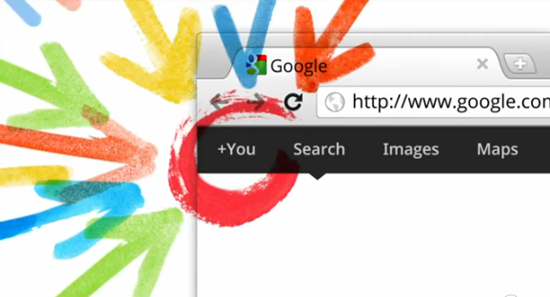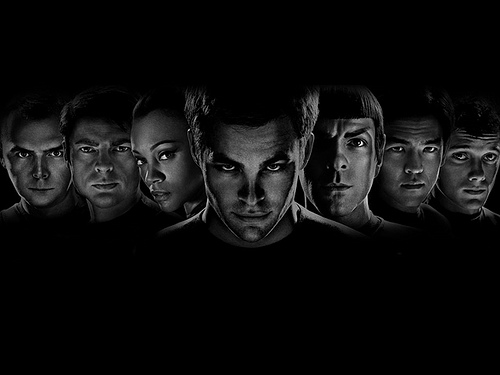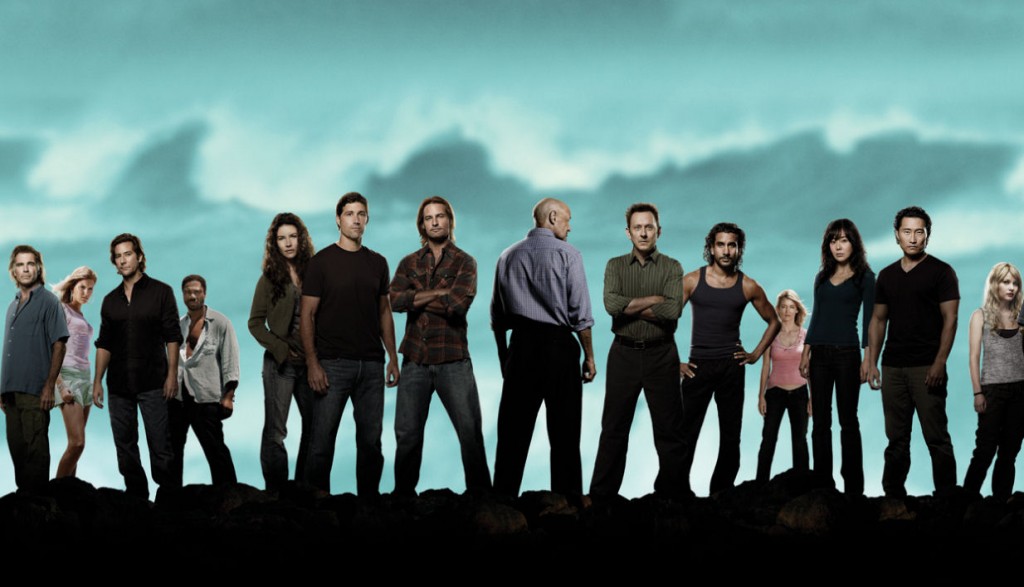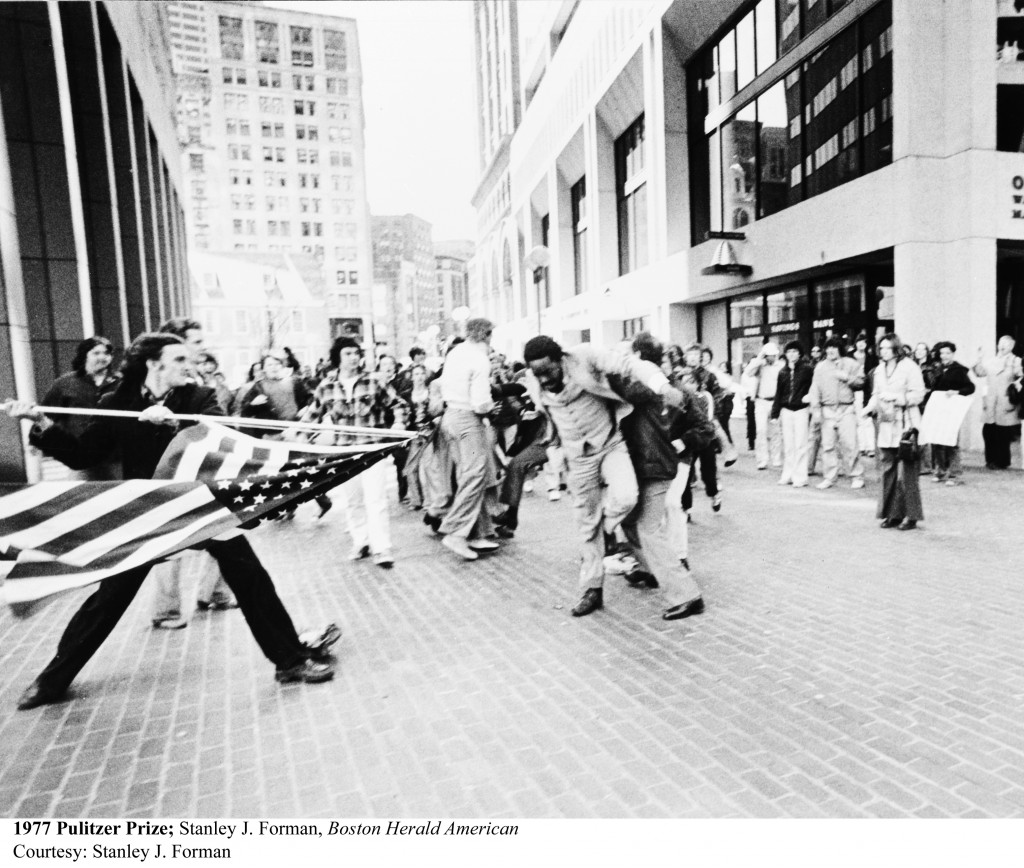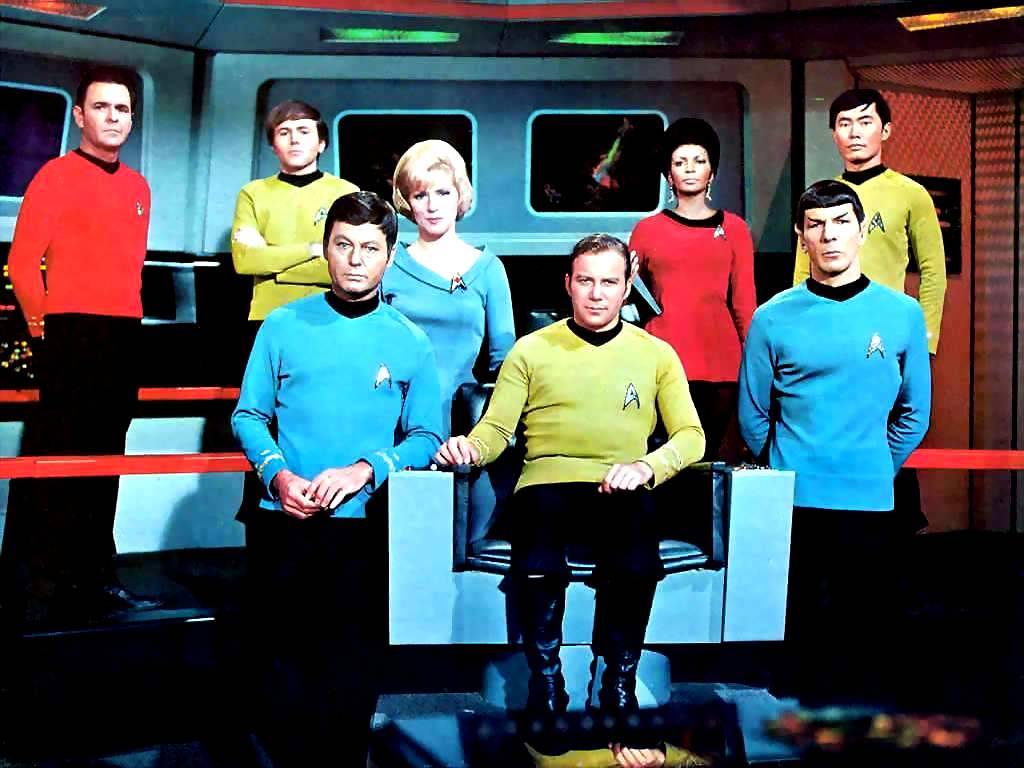First of all, do yourself a favor and watch this 2 minutes and 44 seconds of utter awesomeness above.
Then recall the ending of Iron Man 3. In fact, recall the entire 130 minutes of its insulting, technology guilt-laden self-hatred.
Or better yet, don’t do that.
If you’ve been here since 2010, you know that I have had a special place in my heart for the character I called “The First 21st Century Superhero.” Tony Stark — as reimagined by Jon Favreau, and reincarnated by Robert Downey Jr. — and I have had an unexpectedly personal relationship these past 3 years. Ever since Favreau retweeted my post and it took on a life of its own and became the most popular thing I’d ever written. From the intimacy of Tony Stark’s relationship with his gadgets, to his eschew of a secret identity in favor of that uniquely post-digital virtue of radical transparency, to his narcissism, Favreau’s Iron Man reflected a radical departure from the tropes that defined the 20th century superhero.
I could tell you about how Shane Black, who directed this third installment in the Iron Man franchise tried his best to undo all that. How deliberately he went after the things that not only made Tony Stark so brilliantly modern, but also lay at the very heart of his character. I could tell you about the relentless “techno fear” that ran like an electromagnetic current through the entire movie from start — on New Year’s Eve 1999, ground zero of the Y2k paranoia — to finish — with Stark throwing his arc reactor heart into the ocean like the he’s an old lady, letting go of a luminescent, blue burden at the end of fucking Titanic. Or some shit.
I could tell you how this conflicted, 20th century relationship to technology, wielded with all the subtlety of Catholic guilt, bashed all of us over the head like a blunt instrument the first time we saw Pepper and Tony on screen together — but wait! That’s not actually Tony. It’s a Siri-powered autonomous-driving Iron Man suit, and it’s just asked Pepper to, quote, “Kiss me on my mouth slit.”
(I seriously feel like I need to go wash my hands with soap now after typing those words.)
And yet, under Favreau’s direction, Pepper kissing Tony’s helmet in Iron Man 2 was most likely one of the sexiest moments Gwyneth Paltrow has ever had on film:

I could tell you how Black drove Tony Stark into hiding (while Favreau celebrated his coming out) and stripped him of his suit and access to his technology, making him fight his battles in the flesh for most of the film. We’re to believe Stark built a more advanced suit while a POW in a cave in fucking Afghanistan than he could on his credit limit in Tennessee??

I could tell you how the thing I was thinking about the most as I walked out of the theater — even more than that Black got thisclose to turning Pepper into a legitimate superhero in her own right, which would have been practically the only 21st-century compliant move he’d have made in the whole movie, but then, of course Tony had to “fix” her back to normal — was:
THANK GOD STEVE JOBS DID NOT LIVE TO SEE TONY STARK THROW HIS HEART INTO THE FUCKING OCEAN.
Do you remember the love that the first Iron Man movie, and the Tony Stark in it, had for his first suit? The one he made in captivity. The painstaking, terrifying labor that birthed this child of necessity? The metal manifestation of the power of ingenuity and creativity and talent that won him his freedom? Remember his second suit? The one he built once he got back home. The hotter, cooler, younger sibling of the scrap heap he’d left in the desert. The first real Iron Man suit. How much fun he had making it, tweaking it, perfecting it, and how much fun we had going along on the joyride? Tony Stark fought a custody battle against the American government for the suit in Iron Man 2. He said no one else could have it. He said the suit he created was a part of him, that he and it were one. And we all intimately understood exactly what he meant. Because even if the rest of us don’t actually literally plug our gadgets into our chest cavities, 80% of us go t0 sleep with our phone by our bedside.
I could tell you how Shane Black changed all that for Tony, replaced his passion for innovation with a 20th century irreconcilability. His suits, once so precious the greatest military superpower in the world couldn’t force him to part with just one, have been rendered as meaningless as disposable cups. For Black’s Iron Man, technology still has friction. He can “disconnect,” can “unplug.” This feels like a “real” thing to do. As if there is still a world that isn’t part of the digital world. It’s not just an anachronistic, Gen X misunderstanding of the Millennial reality, it kills what makes Tony Stark, Tony Stark.
“We create our own demons” are the first words we hear as the movie begins. Stark is speaking in voiceover, and this becomes his ongoing refrain throughout the movie. We create our own demons. We create our own demons. By the end, when Stark destroys all of his dozens of indistinguishable suits — because they are “distractions” (the actual word he uses, twice), because we create our own demons and these are his creations, because (and this is the most fucked up part of all) he thinks this is what will make Pepper happy — it is the moment that Black destroys the soul of this character.

Imagine Steve Jobs throwing the iPhone prototype into the ocean and walking away.
Imagine Elon Musk, who Favreau modeled his interpretation of the modern-day tech genius inventor after, driving a fleet of Teslas off a cliff.
I could tell you how Shane Black imagined it.
Speaking to an audience at Standford in the wake of the Social Network, Mark Zuckerberg said, “The framing [of the movie] is that the whole reason for making Facebook is because I wanted to get girls, or wanted to get into clubs…. They just can’t wrap their head around the idea that someone might build something because they like building things.”
This is why Tony Stark builds things. Because he likes building things. Technology is not a “distraction” from something realer, it is a part of what IS real. The digital and the analog worlds aren’t binary. They are inextricably intertwined. Technology is as much a part of us now as it has always been for Tony Stark — corporeally and philosophically. And there is no going back. Texting is not a distraction from the “realness” of the telephone — itself, a completely unnatural, manufactured, awkward medium that we all learned to take communication through for granted. Electricity is not a distraction from the “realness” of candle-light. Driving a car is not a distraction from the “realness” of riding a horse.
Which brings us back to this impeccably clever Audi commercial.
Featuring the two actors who’ve played Spock, himself an embodiment of hybridity, in a battle that starts out via iPad chess, doubles down over the phone, escalates by car, and culminates with the finishing touch of a Vulcan nerve pinch. It makes the depiction of the permeable membrane between the digital and the analog, of the seamless absorption of a “fictional” personality into the “real” self, and of unapologetic techno-joy look effortlessly cool.
This is the Audi ad Iron Man USED TO BE!
In 2010, I wrote:
The first 21st century superhero is a hedonistic, narcissistic, even nihilistic, adrenaline junkie, billionaire entrepreneur do-gooder. If Peter Parker’s life lesson is that “with great power comes great responsibility,” Tony Stark’s is that with great power comes a shit-ton of fun.
You can’t get any more Gen Y than that.
Three Mays later, Tony Stark has changed. He’s entirely forgotten how to have fun. He doesn’t even get joy out of building things anymore — hell, he was having a better time when he had a terminal illness, back when Favreau was at the helm. Under Black’s direction, Stark doesn’t seem excited about anything. He’s on Xanax for his panic attacks — I’m assuming. Since there isn’t a single thing that fills him with anywhere near the kind of fascination Leonard Nimoy and Zachary Quinto express as they watch a self-driving Audi pull out of a golf club driveway. As Black sees it, to embrace the technological innovation that is in Tony Stark’s blood — both figuratively and literally — to create something that isn’t a demon, to want to build things because he likes building things, all of that would somehow make Stark less human.
But as the mixed-race Spock always knew — what makes us human can’t be measured in degrees.
Oh well.
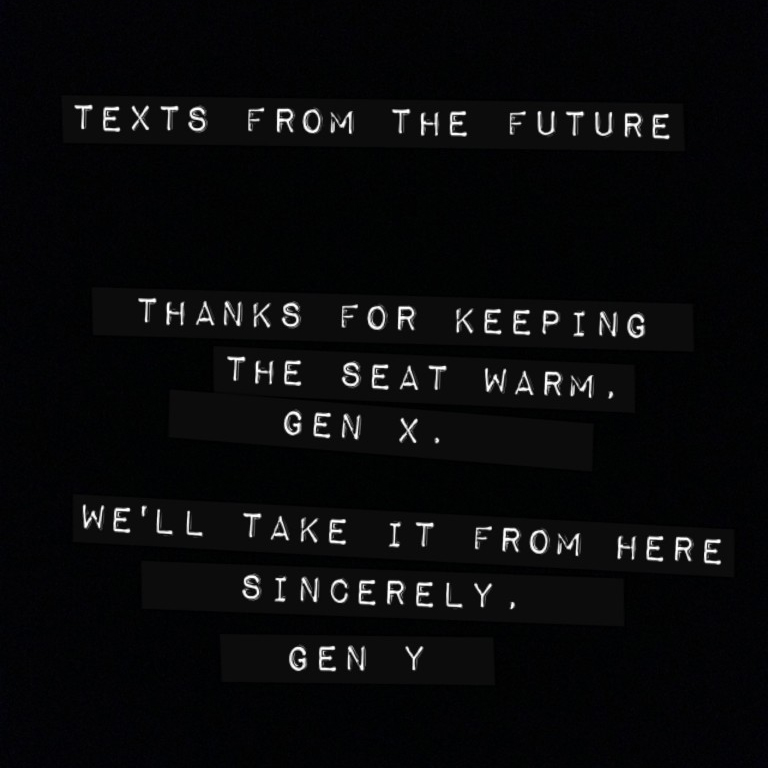
After all….. It’s only logical.
